Contrary to what its name might suggest, digital transformation is primarily a problem of culture and leadership, a “human” phenomenon. It implies working in a transdisciplinary way, collaborating beyond the usual borders and above all – like in any organizational transformation process – creating trust: trust between engineers and humanists, between government departments, between citizens and government, etc. And since there are no miracles, trust is built over time and experience and it can only come from listening, honesty, competence, and transparency.
Technically, the data produced and collected must be designed from the outset to lend themselves optimally to automatic analysis and the systems must be built so that they can evolve easily. As for the famous ethical dimension of algorithms, we will not forget that the data feeding automatic learning must be examined from a critical point of view by competent humans and not blindly believed. In my understanding, a good part of the “ethical” problems related to AI comes from two essential points being forgotten:
– The tools must be designed from the user’s point of view (design thinking).
– The quality of training data determines the quality of program performance (garbage in garbage out).
Many topics were treated in this event, with numerous concrete examples of the use of new technologies: security, the blockchain, cloud, micro-services, Internet of things, etc. The theme that caught my attention the most was chatbots animated by natural language processing and deep learning. In the coming years, more and more services (governmental or commercial) will use chatbots.
The public already knows Siri by Apple or Alexa by Amazon. Rather than thinking of these programs as autonomous “artificial intelligence”, it would be more useful to conceive them as media for distributing expertise, user-friendly interfaces for exploring huge databases, knowledge management toolsand cognitive augmentation. Chatbots are able to understand questions in natural languages (not just recognize keywords), they can learn from their interactions, they are able to suggest relevant ideas according to context and provide a “pleasant” experience to their users.
Learn more / En savoir plus / Mehr erfahren:
https://www.scoop.it/t/21st-century-learning-and-teaching/?&tag=Digital+transformation



 Your new post is loading...
Your new post is loading...



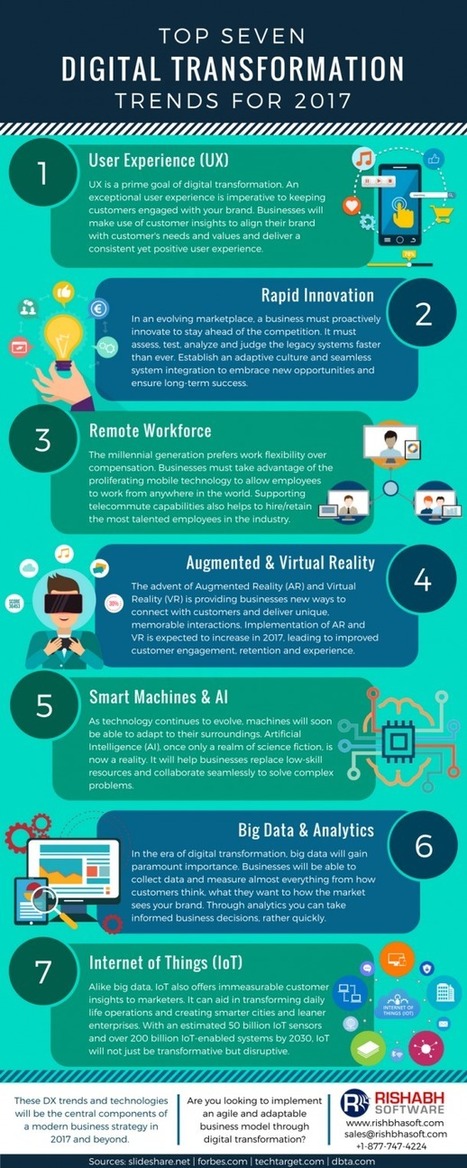


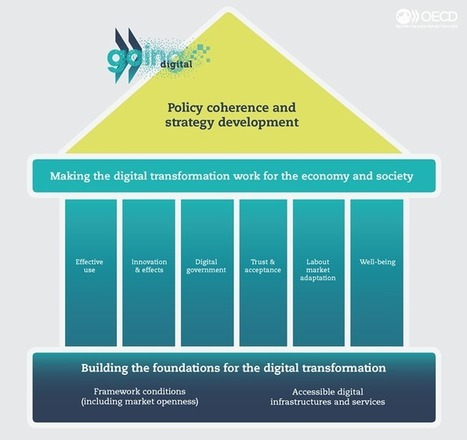



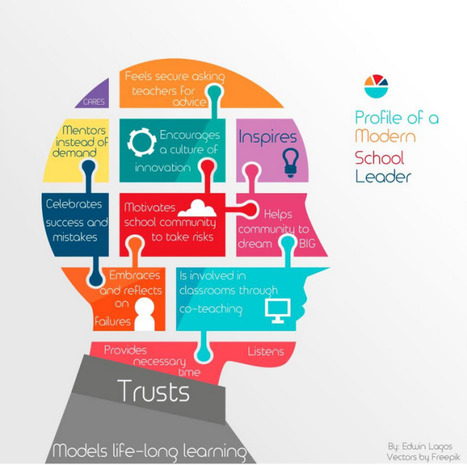

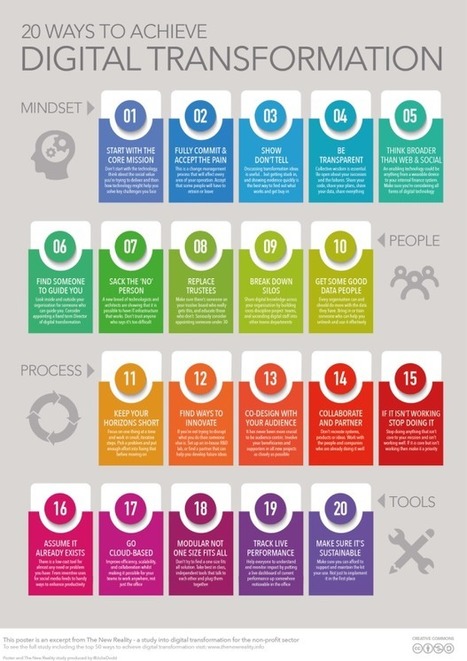
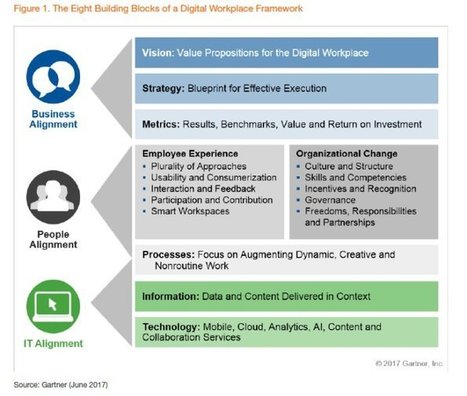
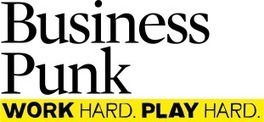
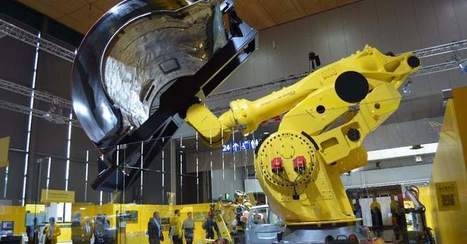






Contrary to what its name might suggest, digital transformation is primarily a problem of culture and leadership, a “human” phenomenon. It implies working in a transdisciplinary way, collaborating beyond the usual borders and above all – like in any organizational transformation process – creating trust: trust between engineers and humanists, between government departments, between citizens and government, etc. And since there are no miracles, trust is built over time and experience and it can only come from listening, honesty, competence, and transparency.
Technically, the data produced and collected must be designed from the outset to lend themselves optimally to automatic analysis and the systems must be built so that they can evolve easily. As for the famous ethical dimension of algorithms, we will not forget that the data feeding automatic learning must be examined from a critical point of view by competent humans and not blindly believed. In my understanding, a good part of the “ethical” problems related to AI comes from two essential points being forgotten:
– The tools must be designed from the user’s point of view (design thinking).
– The quality of training data determines the quality of program performance (garbage in garbage out).
Many topics were treated in this event, with numerous concrete examples of the use of new technologies: security, the blockchain, cloud, micro-services, Internet of things, etc. The theme that caught my attention the most was chatbots animated by natural language processing and deep learning. In the coming years, more and more services (governmental or commercial) will use chatbots.
The public already knows Siri by Apple or Alexa by Amazon. Rather than thinking of these programs as autonomous “artificial intelligence”, it would be more useful to conceive them as media for distributing expertise, user-friendly interfaces for exploring huge databases, knowledge management toolsand cognitive augmentation. Chatbots are able to understand questions in natural languages (not just recognize keywords), they can learn from their interactions, they are able to suggest relevant ideas according to context and provide a “pleasant” experience to their users.
Learn more / En savoir plus / Mehr erfahren:
https://www.scoop.it/t/21st-century-learning-and-teaching/?&tag=Digital+transformation